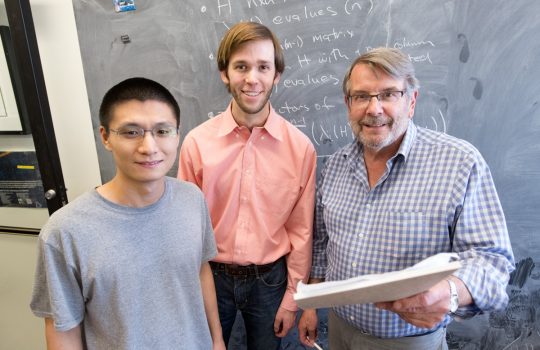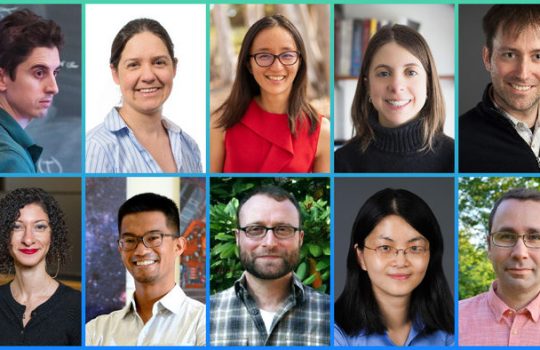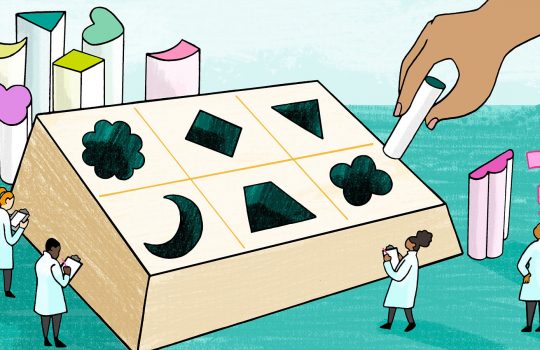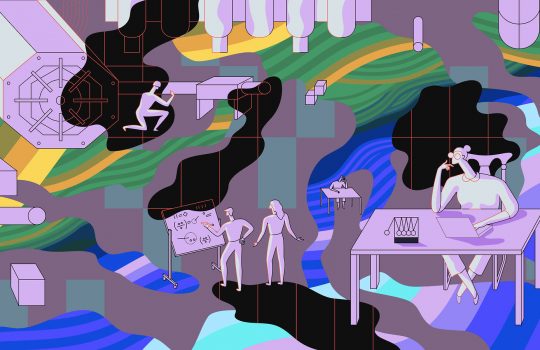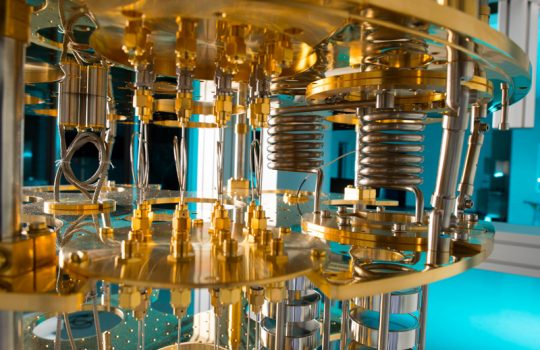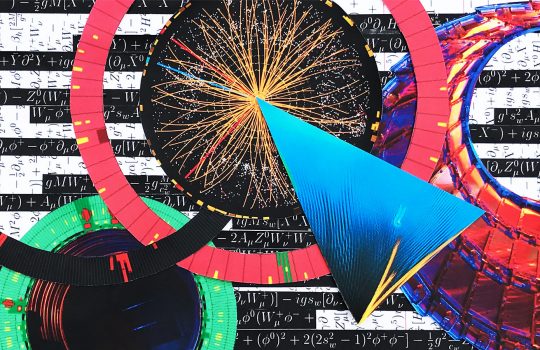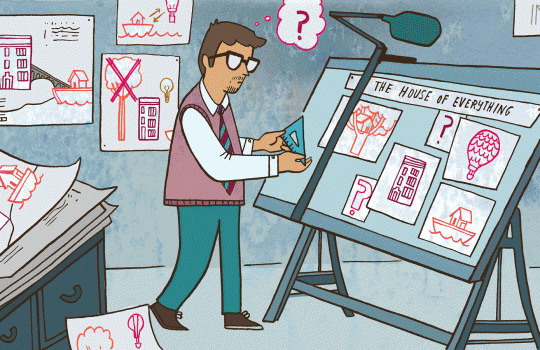Theorists discover the “Rosetta Stone” for neutrino physics
Solving equations in neutrino physics, a trio of theorists doing research at Fermilab discovered a mathematical identity that had eluded mathematicians for centuries. Working with Field Medal winner Terence Tao, they now have derived formal proofs of the new identity.

